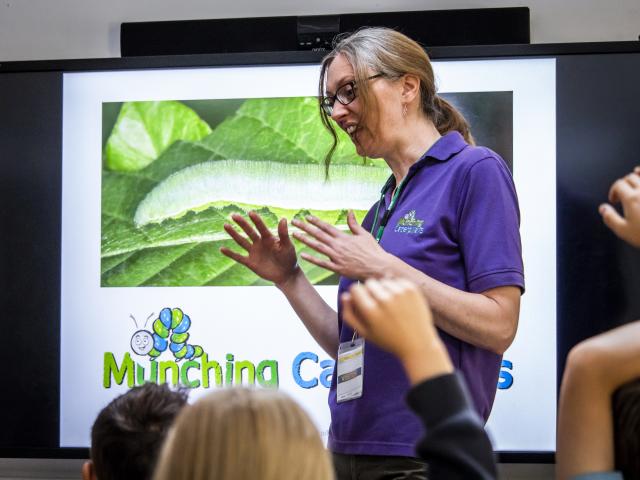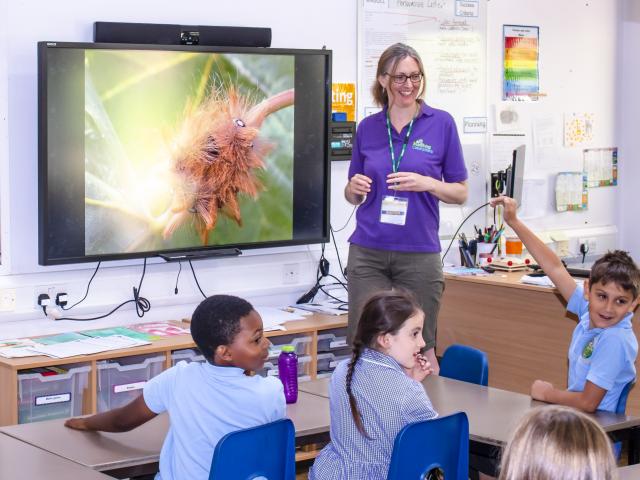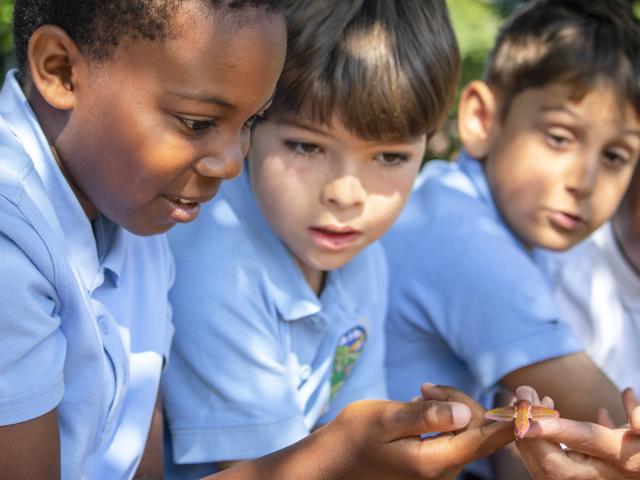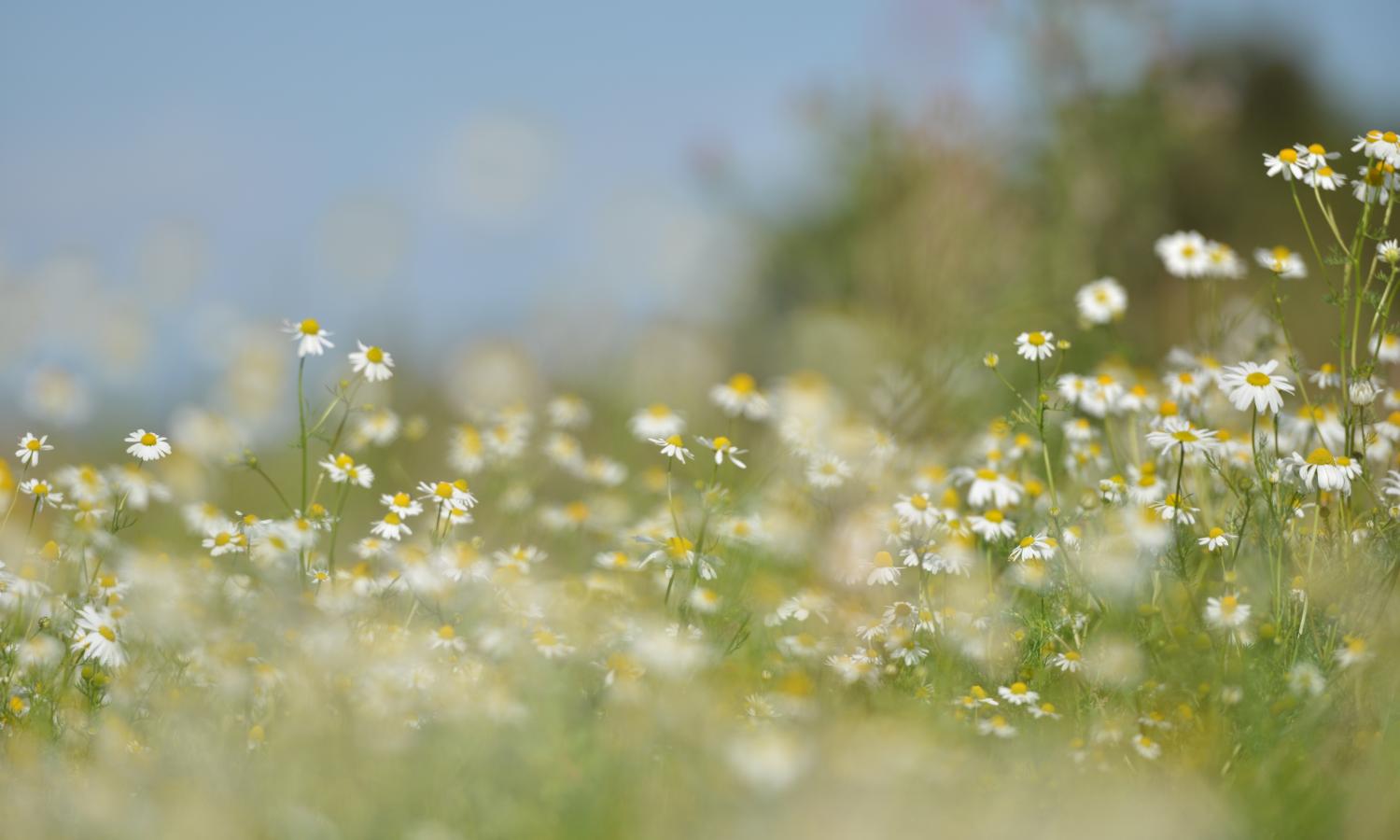Lucy Cunningham has been working for the Branch since early 2019, delivering ‘Munching Caterpillars’ education sessions in schools in Bristol and attending community events. As her contract comes to a close, she shares her experiences with us.

Tell us about how you came to be the Branch’s contractor for Munching Caterpillars Bristol.
I volunteered on the Munching Caterpillars Bristol project when it started in 2017 as part of my Wildlife Conservation degree, and it was amazing. The experience I gained from the 100+ hours I worked meant that I was given the opportunity to tender for the role when it became available. I feel very lucky that I was chosen from the applicants as it really is a fantastic job.
What do you like most about your job?
Everything! No session is the same, every class is different and you never know what part of the workshop the children will engage with the most. I’ve enjoyed finding live specimens, looking for nibble marks on leaves trying to find caterpillars, and sharing the wonder of the Large White butterfly going through the stages of the life cycle. Its great to be able to bring science taught in the curriculum to life, making it far more memorable for the kids.
How many schools have you visited and how many children does that mean you have reached?

Every school and class varies but I have been really impressed with how enthused the kids are about butterflies and caterpillars. We’ve had to work on that enthusiasm for moths but a live Elephant Hawk moth in your classroom does help with that! Over the last 4 months I have visited 9 different schools, delivered 48 workshops and engaged with almost 600 children.
What other engagement work have you been involved in?
We ran a weekend pitch at The Festival of Nature in Bristol, which is a fantastic event for nature lovers. This year we potted up pollinator plants and seed for people to take home, made butterfly masks and showed live specimens. I had a stall at a family event in Dame Emily Park, making masks and handing out beautiful Buddleia plants that had been donated to Butterfly Conservation. For the summer holidays we are working in partnership with the Greenway Centre, I have devised a butterfly trail for the kids to follow around the woods and wildflower meadow and will be running activities at the centre too.
What parts of the sessions do you like delivering the most?

I really enjoy showing the children the weird and wonderful species. We have some amazing slides in the presentation of the Puss and Lobster Moth caterpillars, they always get the funniest reactions with lots of squeals and shrieks! Showing the live specimens is always fun especially if I have been lucky enough to trap a hawk moth, the kids are always amazed at the size of them.
What’s the funniest thing a child has ever said in one of your sessions?
In a Year 2 class, we were discussing moths using warning colouration and that Cinnabar moths are toxic, when one boy put up his hand and asked ‘if the moth got caught in a Venus Fly Trap, would it poison the plant?’ Not one I could answer there and then but it was certainly the most obscure question I have ever been asked.
And your most memorable moment?
It has been extremely rewarding being recognised in places outside of the school, like a boy loudly exclaiming ‘I know you, you came to my school’ at the Festival of Nature, and a girl saying ‘was it you that came to my school to tell us about butterflies and moths’ when I was at my other job at a holiday club. The fact they recognise me shows how much they have engaged with the workshops.
Why do you think it’s important for Butterfly Conservation to deliver education/engagement work?
Its all about inspiring the next generation. Conservation projects work extremely hard to save species and habitats but unless the next generation is passionate about the same causes, the long term future of those projects is in doubt. The Munching Caterpillar workshops have a strong impact on the children and they are remembering a vast amount of the information we deliver and inspiring them. As I was leaving one school after a workshop, I was called back by the kids excited as they had found some empty cocoons on a tree. Could these children be the transect surveyors of the future?
What’s next for you?
During the school holidays I have been working for a children’s holiday club gaining more experience working with children. I am also hoping to do some short courses for teaching and youth work to get more skills for delivering education and engagement work, as my passion is to work with young people and reconnecting them with nature.


